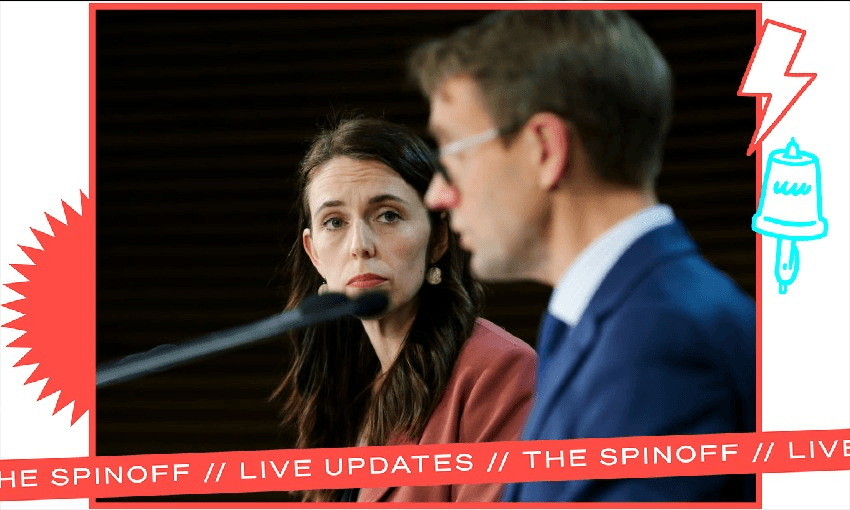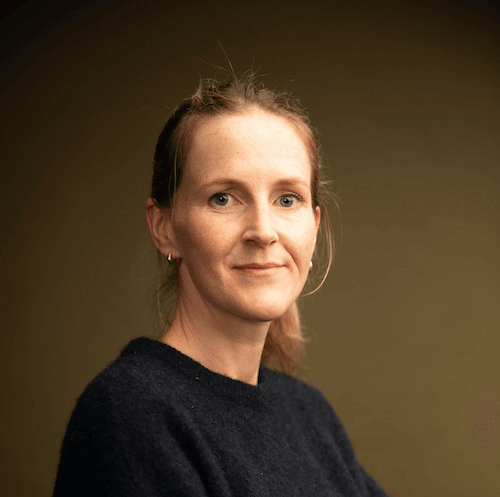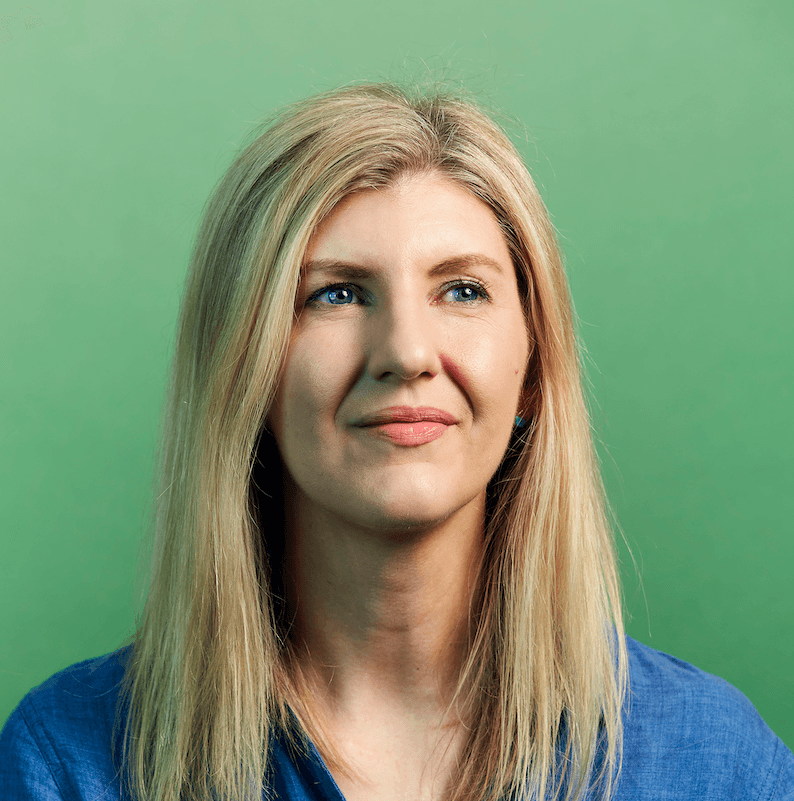A family of 10 from the Nelson region who flew to Auckland on the weekend of January 15-16 to attend a wedding and other events have been confirmed as having the omicron variant of Covid-19, the prime minister has announced.
A fully vaccinated flight attendant who worked the flight they took from Auckland to Nelson is also infected with omicron, as is one other person who was at the wedding. Those who were eligible among the cases were vaccinated, said Jacinda Ardern.
There were well over 100 people at the events the people attended, said Ardern at an unscheduled press conference this morning.
There is no clear lead on the index case who links this group to the border, she said, which means omicron is circulating in Auckland and possibly the Nelson-Marlborough region, if not elsewhere.
For this reason, the entire country will move to the red setting at 11.59pm tonight.
“Our strategy is to slow the spread of omicron,” said Ardern. “This includes boosters and public health measures such as mask wearing and restrictions on gatherings. Our plan for managing omicron cases in the early stages remains the same as delta – rapidly testing, contact tracing and isolating in order to slow the spread.”
Due to the low numbers of delta cases currently, there is significant capacity in the system to stamp out outbreaks, said Ardern, and public health teams are already hard at work to contain this one.
But because omicron is so much more infectious, in due course we will see far more cases than we have in the pandemic to date.
Ardern urged people to get their booster vaccine as soon as they’re eligible. So far, 56% of those eligible have had theirs.
Red is not lockdown, Ardern said, with businesses able to open but with gathering limits and mask wearing rules in place.
“It is our intention for schools to return as planned,” said Ardern.
She encouraged everyone to use the coming days to make a plan. She urged people to find a “buddy” who lived nearby who may be able to help with supplies.
The staged approach to omicron
The plan to tackle omicron has three stages, says Ardern.
Stage one is up to 1,000 cases a day or less, which could take up to 14 days to arrive. This means a stamp-it-out approach, with contact tracing, isolation and anyone with symptoms to get tested with PCR tests. Rapid antigen tests will start to be integrated. Cases will need to isolate for 14 days, and close contacts for 10.
Stage two will be a transition phase, where the system is adjusted to focus on identifying those at greater risk from severe illness.
Stage three, when cases are in the thousands per day, means changes will be made to contact tracing, the definition of a contact and isolation requirements. A full rundown will be provided on Wednesday. This stage is likely a few weeks away.
“I know that hearing these sorts of case numbers will be deeply concerning for people to hear,” said Ardern.
150 of 192 flight contacts contacted so far
Contact tracing teams are in action, said director general of health Ashley Bloomfield, and 150 of the 192 close contacts identified from the five flights have been contacted so far.
There are two known groups from the wedding who are infected, and they have visited other events and locations including a funeral, an amusement park, and the Sky Tower.
“It’s more important now than ever for everyone to continue to play their part,” said Bloomfield.
Mask advice and vaccine gaps to be reviewed
Ardern said the government was doing a “quick assessment” of mask advice to see if an update is needed on what types of masks are most effective.
There is currently no plan to further reduce the gap between the second dose of the Pfizer vaccine and the booster dose, which is currently four months (it was shortened from six months late last year), said Bloomfield.
In the first half of February, health officials will consider whether there’s a need to reduce the gap between the first and second dose of the paediatric vaccine, which is currently eight weeks. Five to 11-year-olds became eligible for the vaccine last week.



